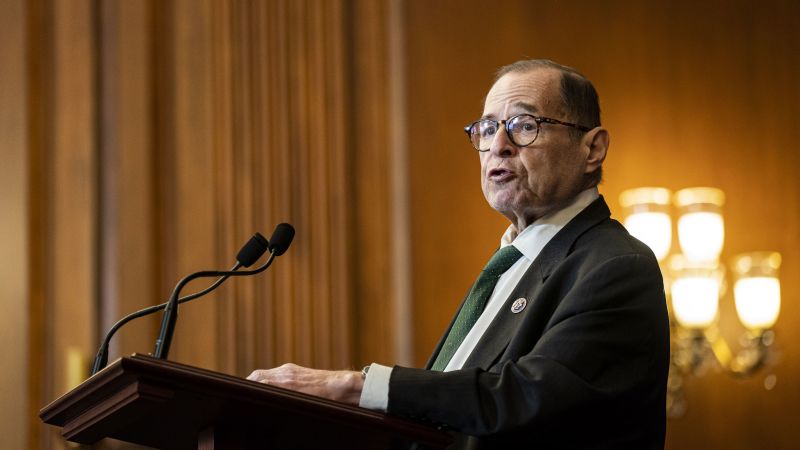
El Salvador's Constitutional Amendments: Impact on Presidential Terms and Reelection
Politics | 8/1/2025
El Salvador’s Legislative Assembly recently passed constitutional amendments, under the leadership of President Nayib Bukele’s party, that permit indefinite presidential reelection and elongate presidential terms to six years. This move marks a significant shift in the country’s political landscape, sparking discussions among legal experts and political analysts.
The approved changes grant unprecedented flexibility to the presidency by removing term limits and extending each presidential term from the current five years to six. This decision has raised concerns among critics who fear a concentration of power in the executive branch and its potential impact on the country’s democratic institutions.
Legal scholars emphasize that these modifications could have far-reaching implications for El Salvador’s political system, potentially altering the balance of power between the branches of government. The move to allow indefinite reelection also opens the door to questions regarding the accountability and transparency of future administrations.
In response to the approved reforms, a spokesperson for a local civil society organization expressed reservations, stating, “These changes could have lasting effects on the democratic principles that underpin our society.” Meanwhile, supporters of President Bukele argue that the amendments are necessary to ensure continuity and stability in governance.
As El Salvador navigates this significant constitutional shift, legal experts anticipate potential legal challenges or further debates on the implications of these changes. The approval of indefinite presidential reelection and the extension of presidential terms to six years signal a notable departure from the country’s previous political norms, setting the stage for a redefined political landscape in the years to come.


